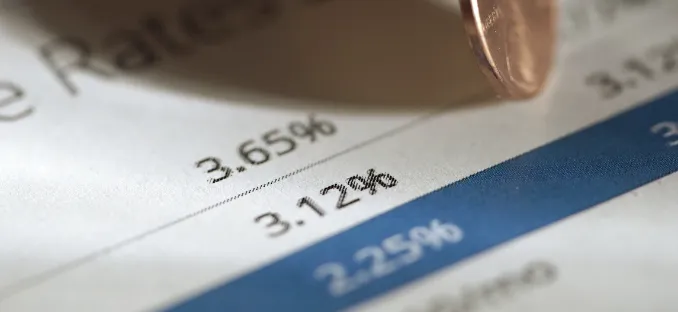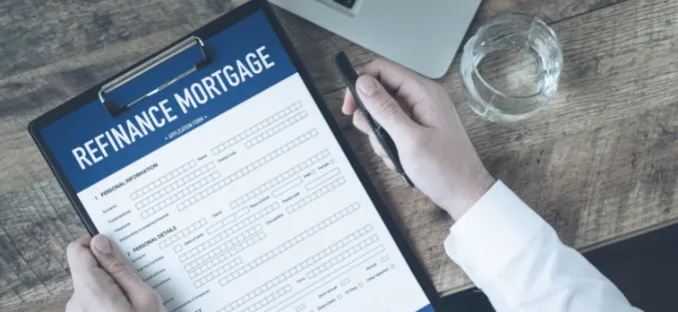
Address: 1185 Collier Rd NW, Suite #2216, Atlanta, GA 30318
Call: 866-320-3265
Email: [email protected]
Loan
Programs
Below is a snapshot of a few of our loan programs.
Loan Programs
residential one lending, inc.
Renovation/Construction Loans

Renovation projects can add value and comfort to your home. Many times homeowners wrongly assume that completing such projects will require jumping through too many hoops to secure financing. Additionally, some have concerns about utilizing too much of their cash in hand to put down payments on materials, labor, and other items, resulting in a strain on their finances. That is no longer true. If you’re looking to make significant improvements to your home, such as adding a swimming pool, renovating your kitchen and bathroom, or putting on an addition to your home, you should look into home improvement financing. Do not let the costs or procedures of a renovation project discourage you from customizing your home the way you want it.
Home Equity Line (HELOC)

A home equity line of credit (also known as a HELOC) is a line of credit that is secured by your home and gives you a revolving credit line to use for large expenses or to consolidate higher-interest rate debt such as credit cards or installment debt. A HELOC often has a lower interest rate than some other common types of loans, and the interest may be tax deductible. After you open up a HELOC, the loan is borrowing against the available equity in your home and the house is used as collateral for the line of credit. As your outstanding balance is repaid, the amount of available credit on the line grows, similar to how a credit card operates. This means you can borrow against it again if you need to, and you can borrow as little or as much as you need to throughout your draw period.
Conventional Loans

The most common type of mortgage on today’s market is the conventional loan, which is underwritten using Fannie Mae and Freddie Mac industry guidelines. One of the main advantages of conventional loans (versus other products) is the fact that they typically reach “closed” status rapidly due to the industry wide acceptance of their underwriting terms.
Conventional loans can fall under 30 year, 20 year, 15 year, and 10 year terms, while providing options for fixed interest rates or adjustable rates if an ARM better suits your current situation. As a rule of thumb, a shorter loan term usually comes with a lower interest rate; however, that also means a higher monthly payment because the loan is amortized over a shorter period. Generally speaking, conventional mortgages require an 80% loan-to-value ratio; however, it is possible to obtain as high as a 97% loan-to-value ratio with an excellent credit rating while carrying mortgage insurance.
Debt Consolidation Refinances

If you are looking to get out from under high interest credit cards and other forms of debt, then a debt consolidation refinance may be the solution for you. By consolidating your existing debt into your mortgage, you’ll end up realizing substantial monthly savings versus paying off credit cards individually under the higher interest rates that they typically carry, even if you have less than perfect credit. Although every debt consolidation scenario is different, it is common for homeowners to consolidate a first and second mortgage under one, while also wrapping in credit card balances, medical debt, collection accounts, and other derogatory accounts in an effort to save money and clean up their credit profile. Also, depending on the specifics of your personal situation, you may also find greater tax benefits by rolling these debts under your housing payment. For most people yearly mortgage interest costs and property taxes are generally deductions on your tax filings come year's end.
First Time Homebuyers

Once you purchase your first home, you’ll become part of a community and experience the security of owning a piece of land and the walls around you. As a homeowner, you will immediately reap benefits that are not possible while renting a home or apartment. You will be able to take control of your living space, avoiding rent increases and cancelled leases while having the freedom to renovate, decorate, and alter the home to your tastes. Over time, through making timely mortgage payments you will watch your home's equity grow and build personal net worth. Additionally, mortgage interest and property tax payments are deductible on your income tax returns (please consult your accountant or tax advisor regarding such benefits).
Refinance Mortgage Loans

Every homeowner's situation is different, and each person may have different reasons for executing a refinance. In addition to debt consolidation refinances as detailed in the section above, it is common for people to refinance their mortgage when interest rates drop, in attempts to bring down their monthly payment. In addition to searching for monthly savings, at times homeowners turn to refinancing from for example a 30YR loan to a 15YR to trim the term of their loan and meet retirement goals, even if that means an increase in monthly payments. Lastly, as people pay off miscellaneous debt and improve their credit profiles, they can find monthly savings by refinancing to a new loan with more favorable terms than what they currently have in place.
FHA Mortgage Loans

An FHA loan is another common type of mortgage that is insured by the Federal Housing Administration (FHA). The aim of the FHA was to provide mortgage lenders with a level of insurance in order to help stimulate the housing market by making loans more accessible and more affordable. In today’s times FHA loans are very popular, especially among the ranks of first-time home buyers. Typically an FHA loan is one of the easiest types of mortgages to qualify for because it requires a low down payment and a borrower with less than perfect credit can easily qualify. A minimum down payment of at least 3.5% is required to obtain an FHA loan. People who have bad credit or have undergone a bankruptcy, foreclosure, or other credit issues may be able to still qualify for an FHA loan
Reverse Mortgage Loans

In recent years, reverse mortgages are quickly gaining popularity. The product was designed for people that have a limited income stream during their post-employment years and wish to utilize the accumulated equity in their home to cover everyday living and healthcare expenses. The term “reverse mortgage” is derived from the nature of the loan. Instead of the homeowner making monthly payments to the lender, the lender is essentially making payments to the borrower. Of course you are required to continually pay homeowner’s insurance, property taxes, and HOA dues (if applicable) if you take out a reverse mortgage, but you are not required to make any mortgage payments on the loan as long as the home continues to serve as your primary residence.
VA Mortgage Loans

The VA helps current servicemen, veterans, and some surviving spouses obtain favorable financing terms through guaranteeing a portion of the loan. With a purchase loan, the VA can help you purchase a home at a competitive interest rate even though you may have found it difficult to find other financing. The VA’s Cash-Out Refinance Loan is for borrowers who want to take cash out of their home equity in order to take care of concerns such as paying off debt, educational costs, or making home improvements. A refinance loan can also be used to refinance a non-VA loan into a VA loan. Additionally, the VA will guaranty loans up to 100% of the value of your home.
Self-Employed Borrowers

We have experience funding loans for self-employed borrowers. Generally, government loans require that a self-employed borrower have two years of self-employment under their belt in order to qualify. In cases where a borrower is freshly self-employed or has filed a lengthy extension on their Federal tax filings, we can turn to an alternate bucket of financing, sometimes referred to as Non-QM lending. Under this funding type, lenders may utilize alternate documentation to calculate your income. For example some programs could require a CPA prepared Profit & Loss statement, while others may turn to six or twelve months of bank statements to calculate your income.
Contact Info
Address: 1185 Collier Rd NW, Suite #2216, Atlanta, GA 30318
Contact Info

NMLS #1271616
Residential One Lending, Inc.
© Copyright 2025